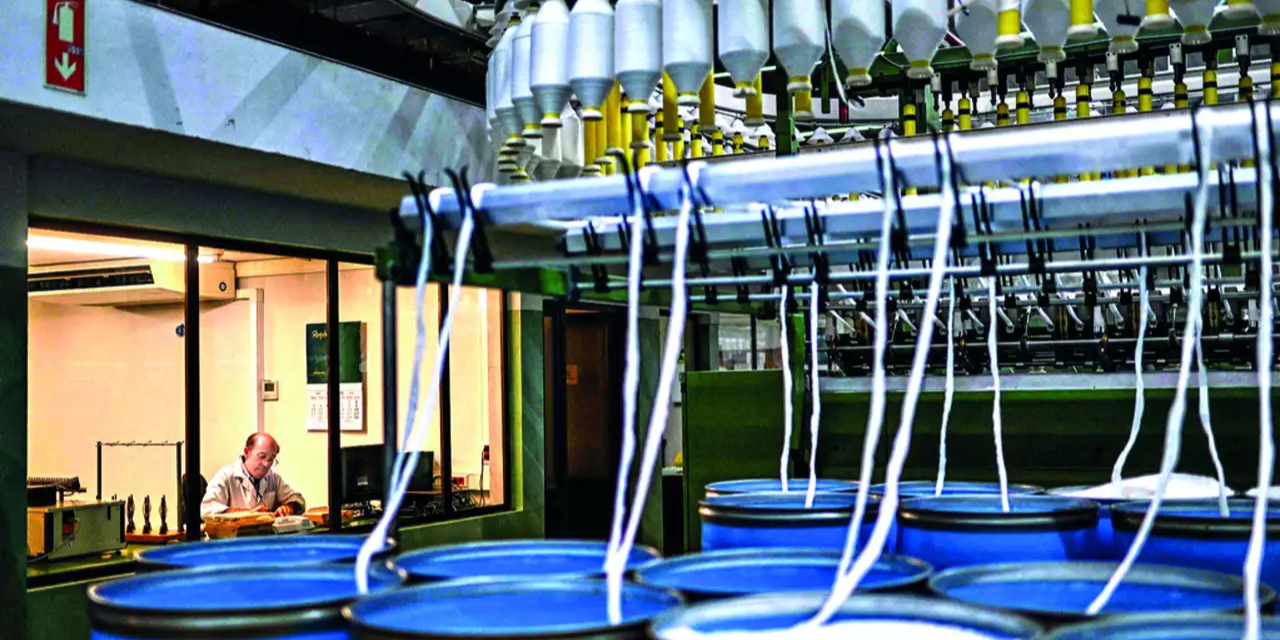While the engineering industries are showing signs of recovery, the last five to six months have been difficult for the textile units in the region, particularly those in the Micro, Small and Medium-scale Enterprises.
Due to the lack of yarn demand and the pressure on prices, MSME textile manufacturers have cut production by 50% since Monday, according to the mill owners.
According to a producer of basic clothing in Tiruppur, the crisis began in November of last year, and from November of 2022 to February of 2023, sales of inner garments for the domestic market fell by almost 50%. Every month since March, orders have somewhat increased, but the situation for producers has not improved.
“The situation has a number of causes, according to the producers. But, I I believe the key issues were the sharp increase in cotton prices that caused cotton yarn prices to skyrocket and the decline in yarn prices during the previous six to seven months,” he said. Following the first wave of Covid-19, cotton yarn prices nearly doubled in the 18 months that followed, leaving the manufacturers with no choice but to raise the product’s price by about 30%. The cost of yarn has now dropped by 15%, and manufacturers are lowering the cost of their goods. Financial issues have resulted for both the distributors and the manufacturers as a result of this. Therefore, he believes there is no market for the products.Given that many facilities have begun to reduce or stop operations, garment exporters and domestic suppliers are optimistic that the market will return to normal in the coming months.
When it comes to engineering According to V. Thirugnanam, president of the Coimbatore District Small Industries’ Association, the order flow for pumpset and general engineering units is better currently than it was six months ago. The MSME units are slightly relieved by the steady pricing of raw materials. However, he noted that the margins are thin. Some exporter categories were performing well, and the average capacity utilisation was between 60% and 70%, he said.
Nearly 40% of migrant workers who left for home in February have not returned, according to J. James, head of the Tamil Nadu Association of Cottage and Tiny Enterprises, and this is having an impact on business operations. As the situation with the order has improved, the micro units are attempting to run 12–14 hours with the current workforce. But, the units were having cost pressures, he said. “We do not get even Rs. 180 an hour for job work and our operating costs are almost the same that amount that we get,” he said.

